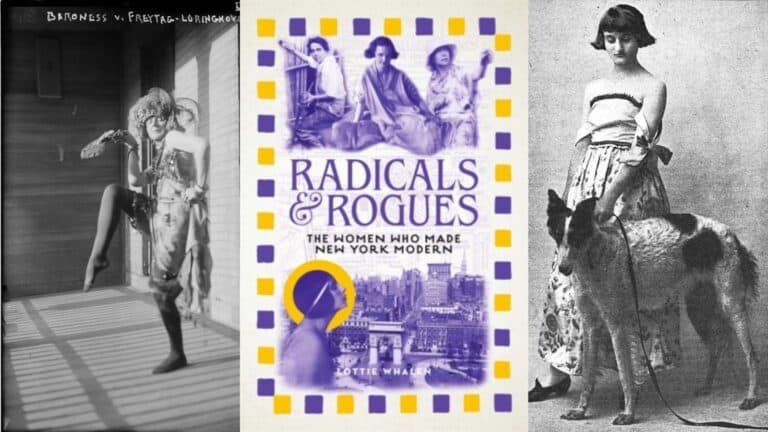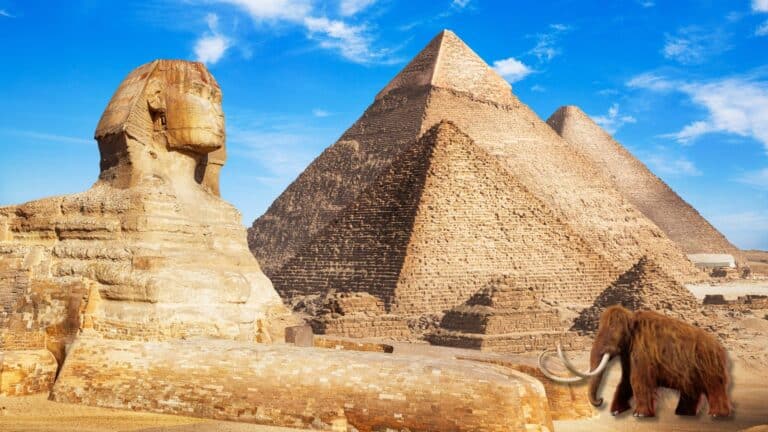Putin & Napoleon: A True Story of Overreach, Hubris, and the Contemptible Betrayal of Paupers Passing Themselves off as Princes
This essay is part of “(There is Nothing New) Under the Sun“ A monthly column of random, historical vignettes demonstrating that the more things change, the more they stay the same.
After fighting for Liberty, Equality & Fraternity on the anti-monarchist side of the French Revolution, Napoleon Bonaparte came to power in 1799, crowned himself Emperor, and immediately went about the business of taking over Europe.
Like Putin, a self-proclaimed hard-line Socialist who, while singing the Marseillaise with the workers has, behind doors closed to his own countrymen, crowned himself the proverbial Tsar of Russia, with all the golden palaces and trappings of royalty.
You can compare this hypocrisy to a meat-eating Vegan or a litterbug environmentalist. Like the Tsars of old who thought themselves anointed by God, Putin has made himself untouchable and answerable only to himself. I think that this kind of power makes a man very vulnerable: more inclined to believe his own press, drink his own Kool-Aid, or smoke his own stash, and less inclined to listen to advice or counsel from others. To engage in magical thinking. To ignore every need but his own.
History Lesson Unheeded
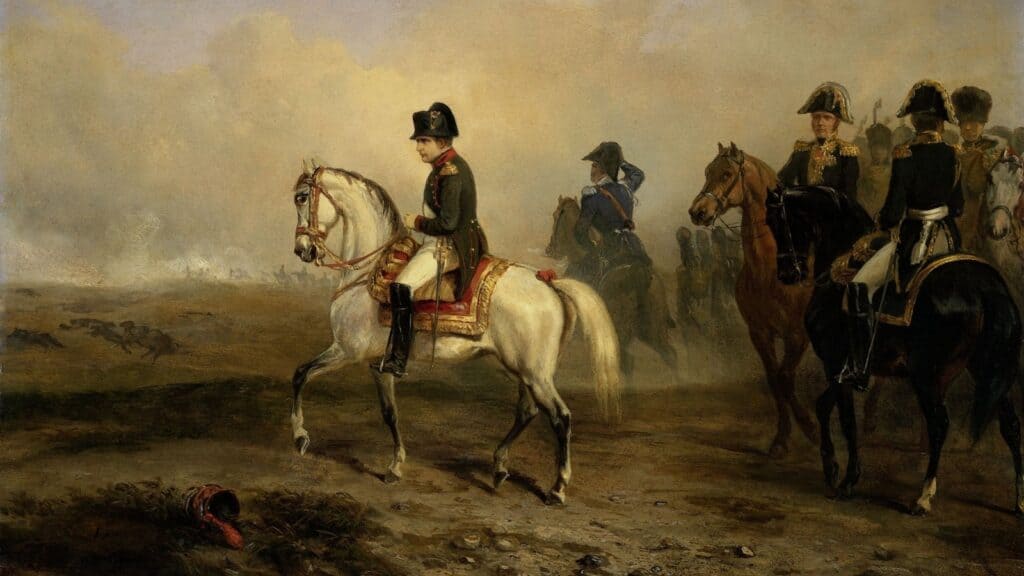
By 1810 Napoleon had annexed the better parts of Spain, Croatia, Italy, and Germany, the countries now known as Holland and Belgium, and had set up what were essentially colonies in Switzerland, Poland, and numerous German states. Cowed by his success, Russia, Austria and Prussia signed on as allies, but the bloom was soon off the rose. The feathers of Tsar Alexander I of Russia were ruffled by the disastrous upset of Russia’s economy and the tumbling value of the ruble, and he suspected that Napoleon was setting up potential future enemies in Alexander’s own backyard with his creation of the Duchy of Warsaw, and so withdrew from the alliance. In response, Napoleon decided to punish his old friend and force him into negotiations by invading Russia (cue Tchaikovsky’s 1812 Overture).
Victorious thus far due to their blitzkrieg style of warfare in which invaded countries were swarmed with overwhelming numbers of soldiers and weapons, Napoleon had conceived of an undeniably ingenious and stupendously successful method of warfare in which an army could travel up to 20 miles in a day, supported by a supply infrastructure of wagons carrying food, medical supplies, weapons and ammunition, but these supply wagons could only reasonably cover about 10 miles a day, so Napoleon expected his armies to live as much as possible off the land over which they were traveling, for food, water, shelter, fire, and sustenance for the horses. This assumed that roads were good and weather was cooperative.
What Would Putin Have Done In 1812?
At the same moment — almost to the day that Britain was invading the United States in the War of 1812 — in June of 1812 Napoleon raised a Grande Armée of somewhere between 450,00 – 600,00 troops and 50,000 horses who marched into Russia to engage with 200,00 Russian soldiers. The plan was to conquer the enemy in 20 days, and things started out swimmingly when Alexander’s army conceded the city of Vilna, followed by numerous other Russian cities throughout the summer as the Russians retreated further and further into the hinterlands, drawing the French troops in their wake.
I can hear Putin’s voice in the mission, a kind of arrogance, pressing forward upon the assumption that Ukraine would immediately fold and the rest of the world would refrain from interfering.
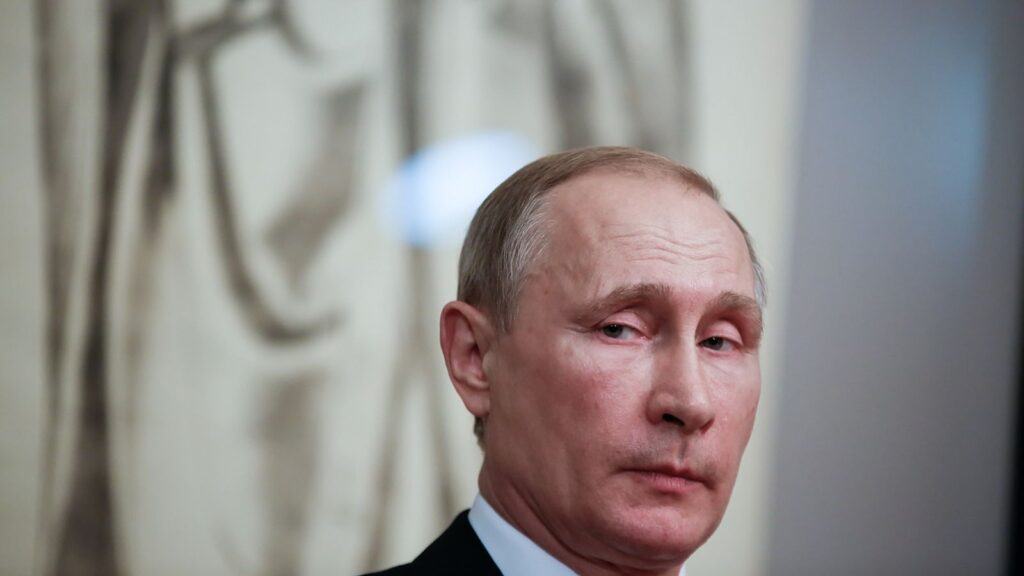
In September, the only face to face combat between Russia and France took place in the legendary Battle of Borodino, a one-day clash that the Russians lost (45,000 souls), but which is remembered not only as the bloodiest single day of the Napoleonic Wars, but as a “Red Badge of Courage” for the Russian people. Napoleon squeaked out a victory but failed to commit enough troops for a decisive conquest, allowing Tsar Alexander’s army to survive and ultimately, in partnership with the challenges presented by the natural landscape of the region, to drive Napoleon out of Russia forever.
Napoleon’s Retreat & Demise
In October, having failed to persuade Alexander into any kind of diplomatic understanding, Napoleon began his retreat. A scorchingly hot, wet summer had turned to fall, and with it, the sub-temperate, snowy weather for which Russia is famous moved in, coupled with sub-standard logistics, terrible roads, and a less than sumptuous buffet provided by the Russian agricultural base. The Russian’s scorched earth policy deprived the rear guard of finding anything to eat (and of course, nothing for the horses). As a freak thaw turned the roads to impassable sludge and frozen rivers turned to impassable white waters, French soldiers suffered from dysentery, typhus and starvation, killing hundreds of thousands; those left alive were discouraged, and began to desert and to riot at the distribution stations where food was kept, destroying precious supplies.
All of his allies and previously conquered nations turned against Napoleon and took up arms against him. One hundred and sixty-six days after Napoleon invaded Russia, 146 days longer than his projected end date, only 100,000 of his troops made it home. The French people, too, turned against him and ceased to be intimidated by the Emperor, who had shown himself too clearly as wearing shoes of clay and throwing away the lives, livelihoods, and world standing of the French people for some demented vision of world domination. When the European allies appeared at the very doors of Paris, the city fathers signed a treaty with them and Napoleon was forced to abdicate.
After enduring exile on the Isle of Elba, Napoleon rallied and in June of 1815, the last of the Grande Armée faced off with Belgian, British, Dutch, German and Prussian forces at Waterloo (cue ABBA) in what is now Belgium. Napoleon died in 1821 in exile on the tiny island of St. Helena, adrift in the middle of nowhere in the Atlantic Ocean 1619 miles off the coast of Angola.
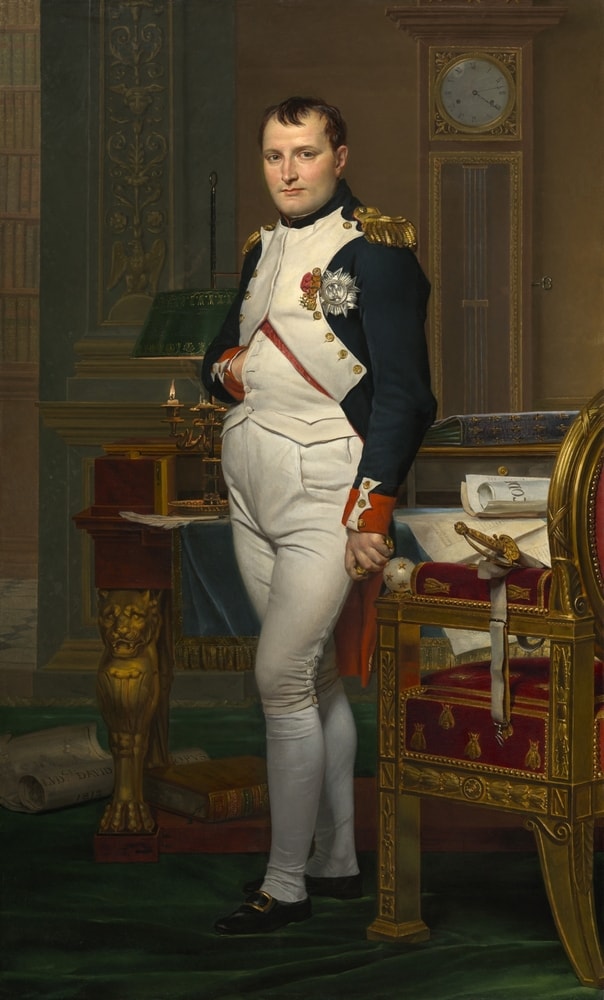
Is History Doomed To Repeat Itself?
Putin has forgotten the lessons of history. He has presented himself as the leader of the common man, a Socialist, but in reality, he is a walking billboard for Capitalism. The Domestic and international sentiment against him is strong. The hypocrisy of a Tsar dressed in peasant’s clothing is becoming more and more apparent to his own people. His soldiers were duped into the Ukrainian invasion, believing that they were engaging in military exercises (and the mothers of the captured and injured have been invited to come pick up their sons). Putin leads with fear and misinformation, controlling and repressing his own people with secret police and threats. It is my fervent hope that like Napoleon, Putin is soon consigned to the sea and that his people regain control over their country and their destinies.
Out Of Terrible Fact Comes Great Fiction
Some of the greatest fiction of all time grew out of the Napoleonic Wars: Tolstoy’s masterpiece War & Peace, Les Misérables by Victor Hugo, The Count of Monte Cristo by Alexandre Dumas Père, William Makepeace Thackeray’s Vanity Fair, The Idiot by Fyodor Dostoevsky, as well as the modern-day Aubrey-Maturin Master & Commander series by Patrick O’Brian.
This post may contain affiliate links. Please see our disclosure policy for details.
Last update on 2024-07-26 / Affiliate links / Images from Amazon Product Advertising API









